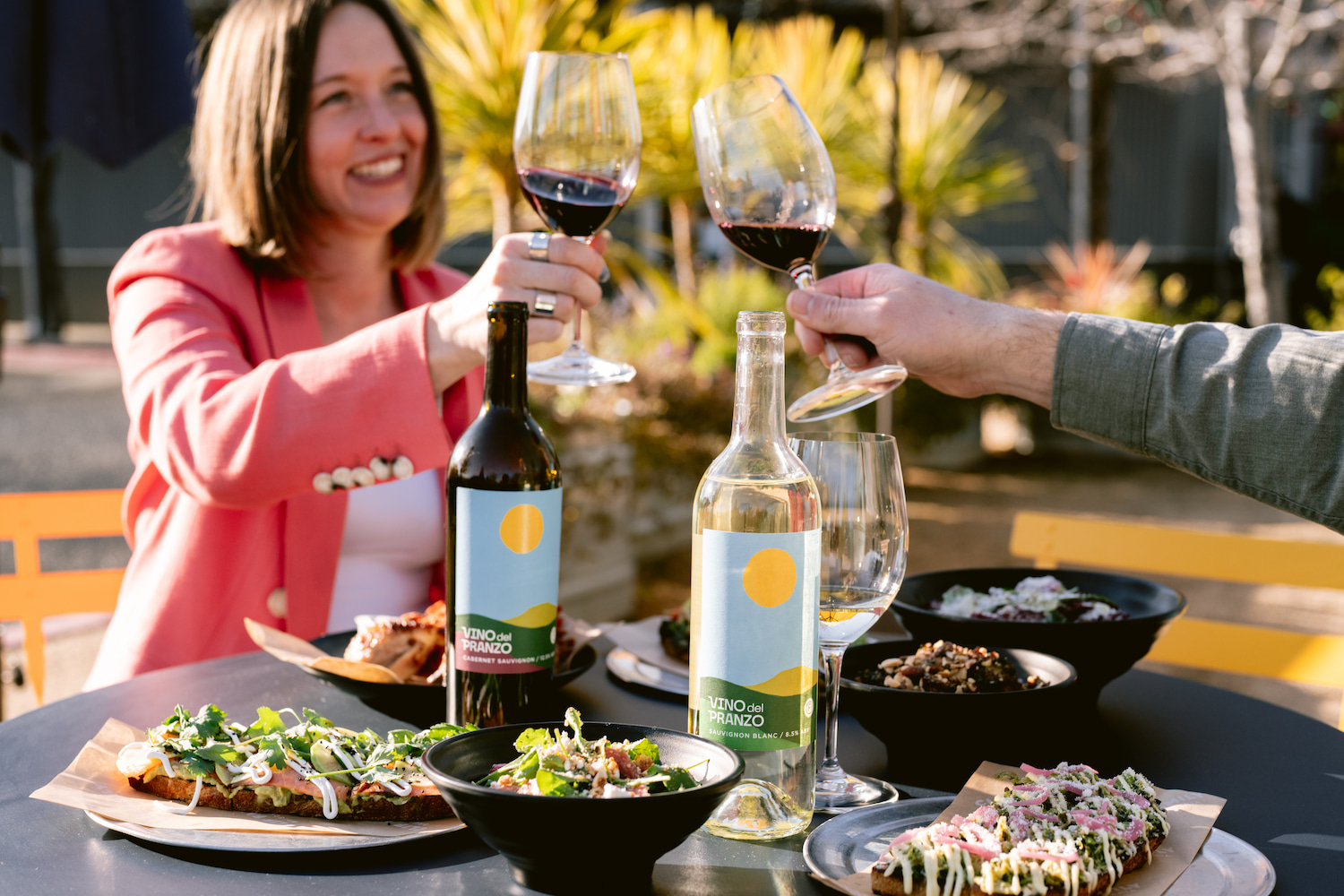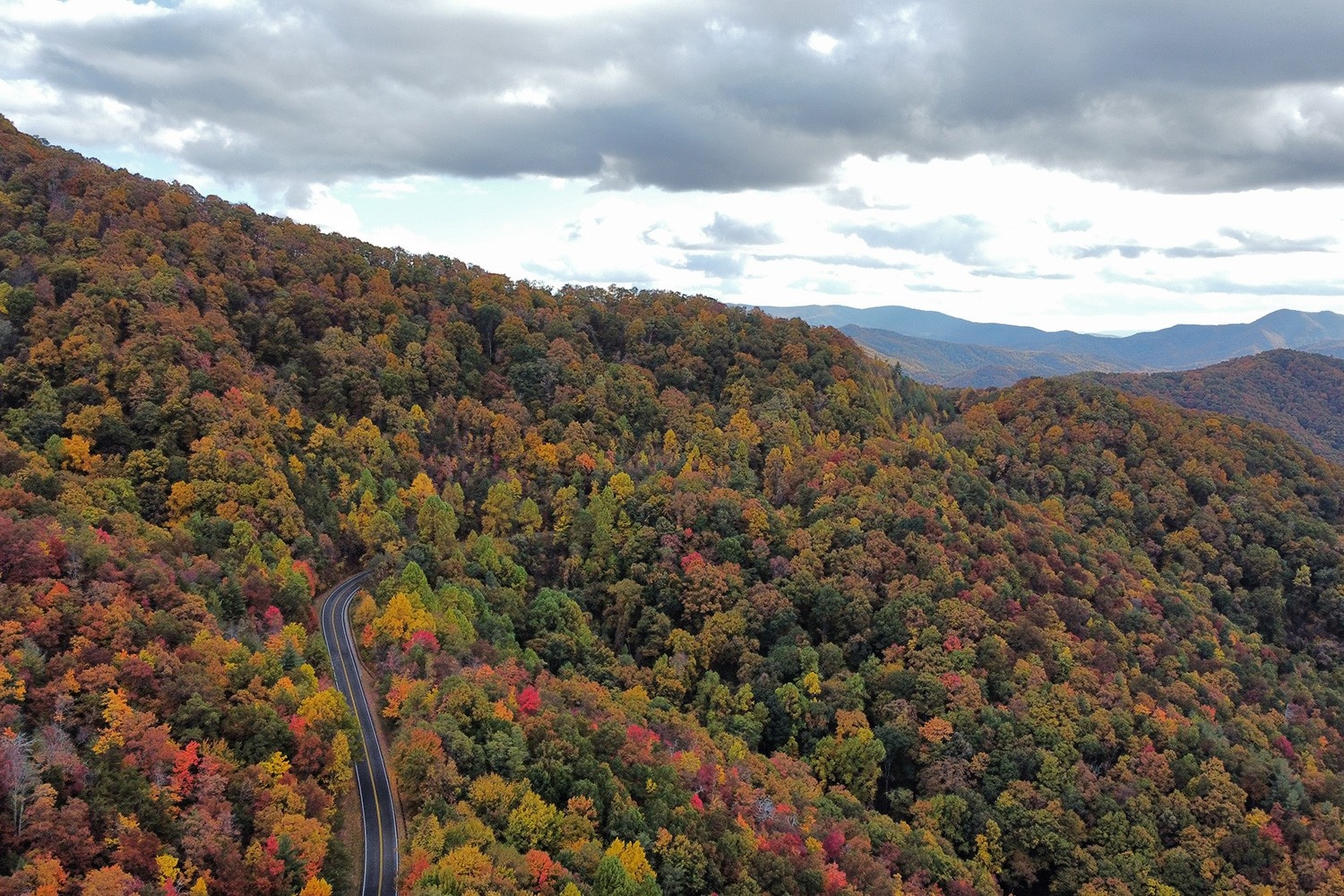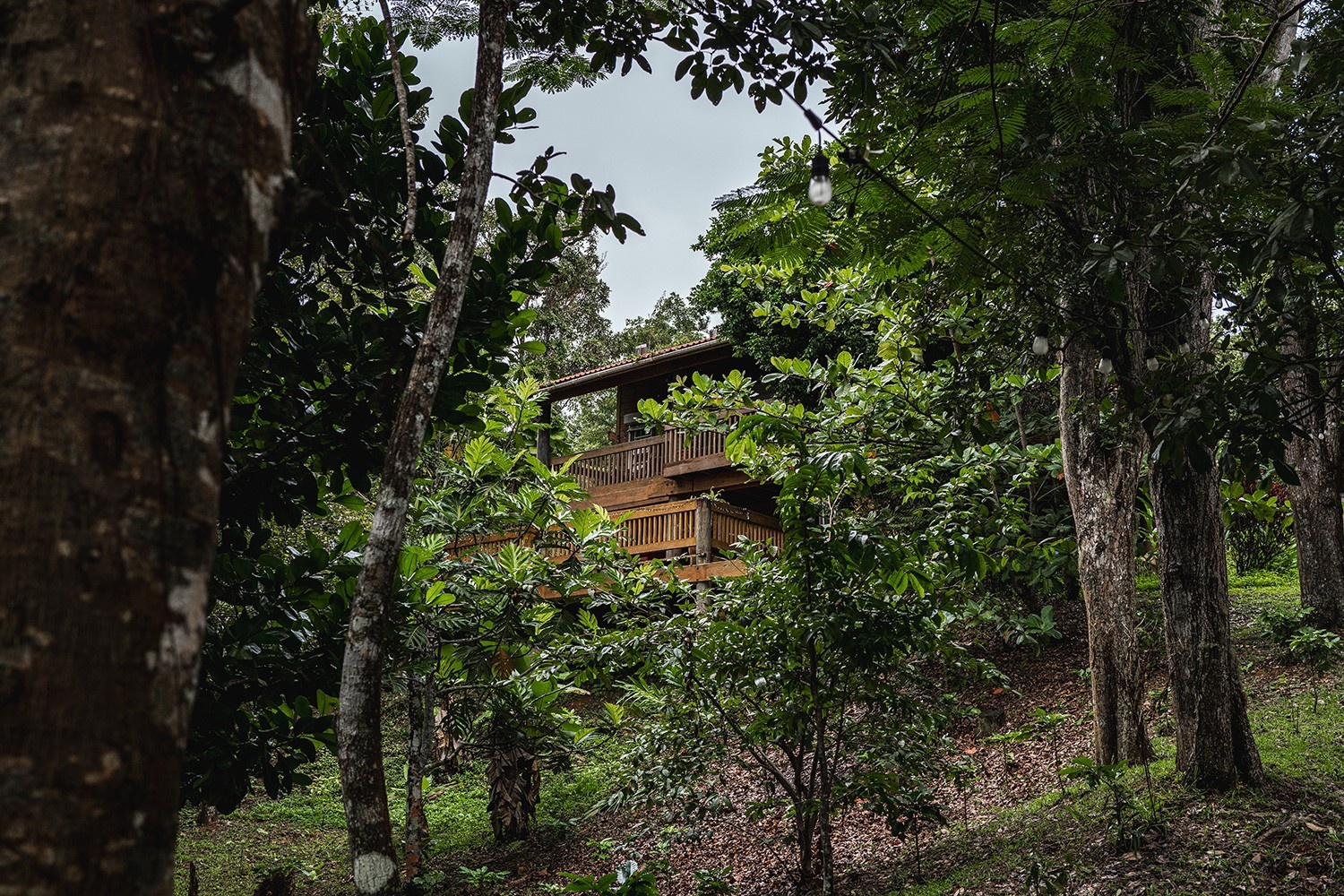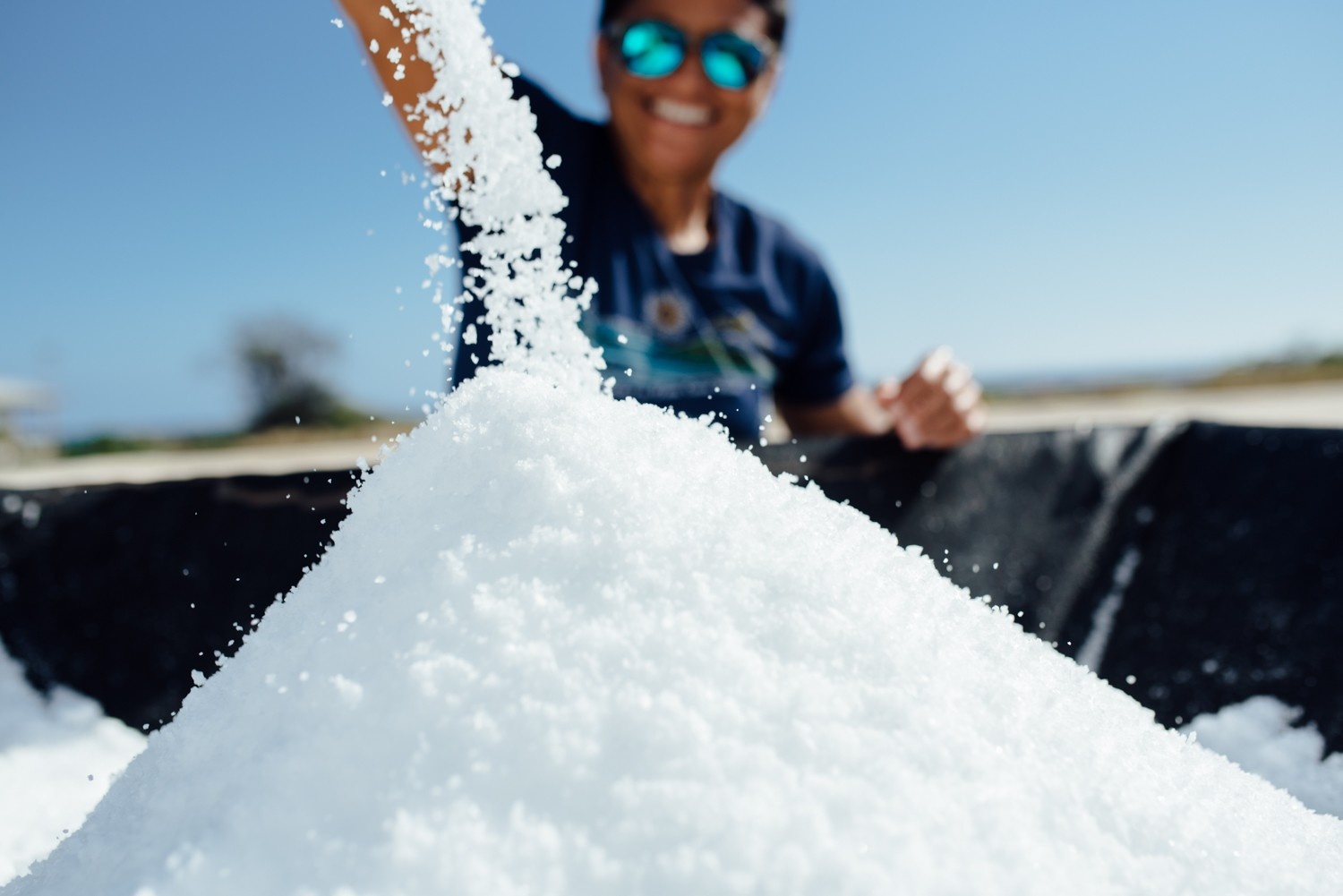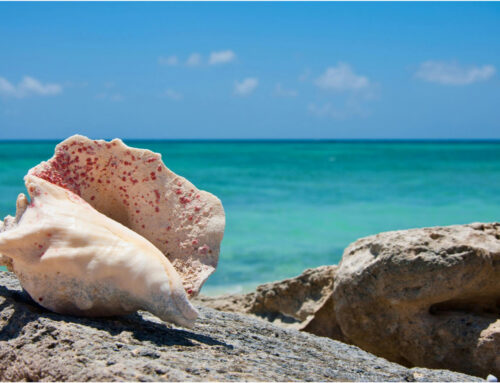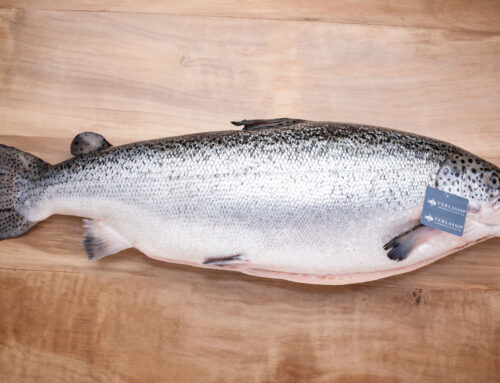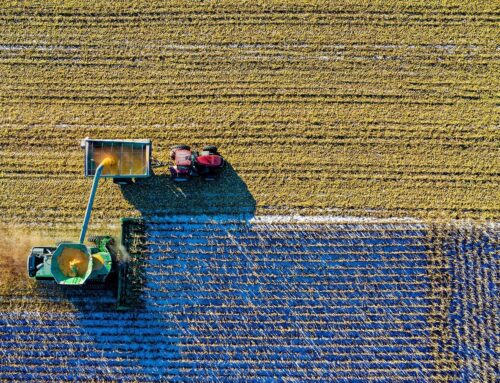NORTH STARS:
Community Support
Production & Consumption
Certifications
“Balancing passion, profit, and protecting the planet is tough — so Gary wrote Raising the Bar.”
Kit Crawford and Gary Erickson have energy to burn.
In 2022, the pair sold their revolutionary energy bar company Clif Bar & Company for an estimated $2.9 billion to Mondelez International. Instead of retiring and chartering flights to the moon while eating gold dusted bonbons or engaging in any of the other activities deals like this afford, they doubled down on a passion project of theirs: the community-centric, organically farmed St. Helena winery they launched in 2004.
The Napa-based winery is dedicated to holistic sustainability, from organic and regenerative farming practices that support soil health and biodiversity, to becoming B Corp-certified and providing healthcare, retirement, and wellness programs to employees.
Crawford and Erickson are not micro-managers — anything but. Instead, they’re visionaries who have built Clif Family Winery & Farm on the same progressive values that were foundational to Clif Bar. They entrust president Linzi Gay, who started her career at Clif Bar and joined Clif Winery in 2007, with executing their vision.
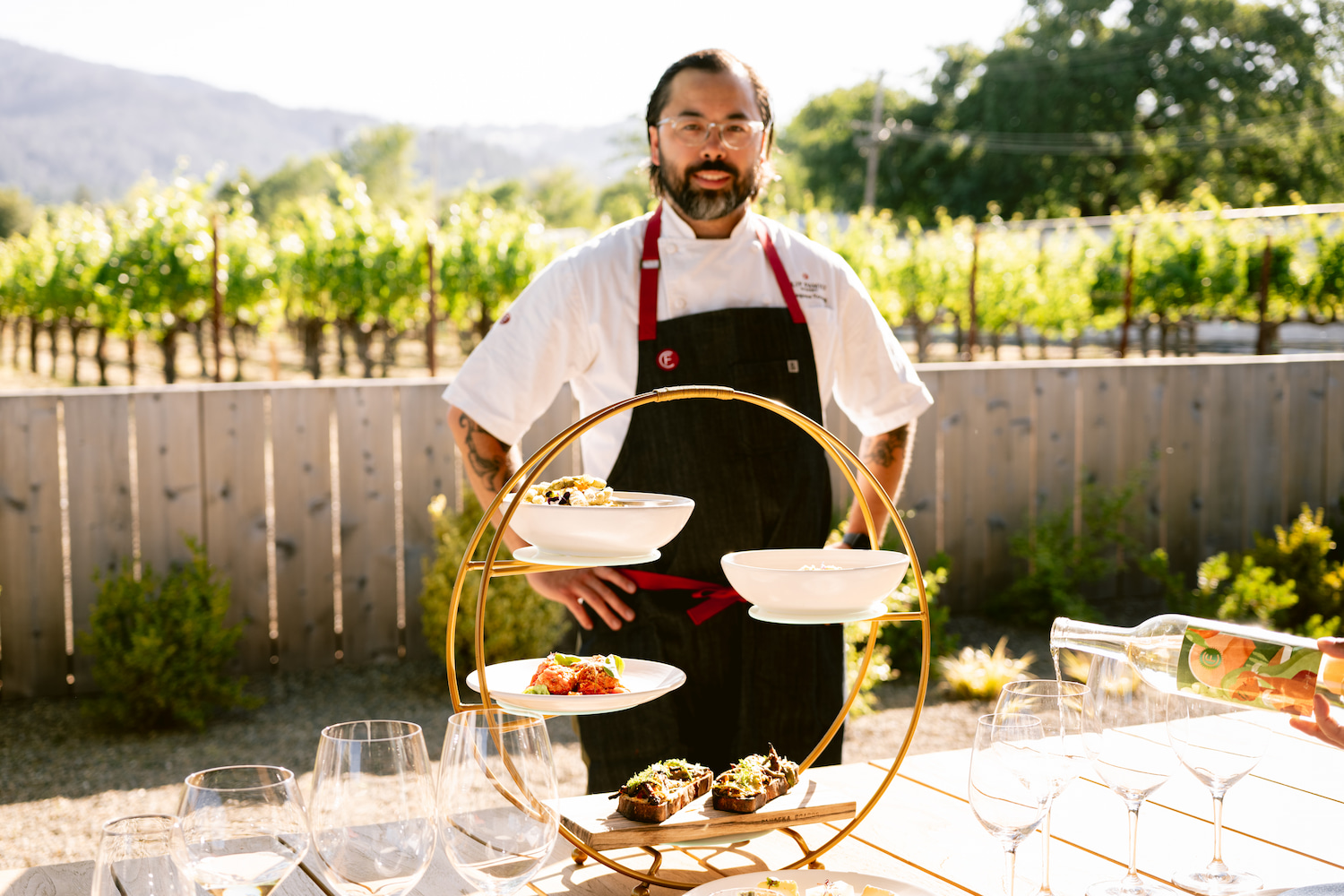
Executive Chef Magnus Young prepares farm-fresh feasts at the Enoteca. Courtesy of Clif Family Winery & Farm.
A Vision for Holistic Sustainability
“Gary and Kit drive the business with their ideas and passion, and we work together to transform their concepts into reality,” Gay explains about the core executive team members, including winemaker Laura Barrett, farm manager Tessa Henry, and executive chef Magnus Young, all of whom have been with Clif Family since at least 2018. “They build their companies around the way they live their lives.”
From a philosophical, ethical, and practical standpoint, that means pursuing your passion while also actively supporting — rather than harming — the planet and your local community. It involves fairly compensating employees and laying the groundwork for a multi-generational business.
Many businesses talk the talk, but on a recent visit to Clif Family’s tasting room, the joie de vivre that a family winery should exude — but so frequently doesn’t — was unmistakable. Everything from the cheerful crowds of tasters to the energized wine and culinary teams highlighted this spirit. The on-site espresso bar, inventive non-alcoholic cocktails, farm-fresh meals served from the food truck, rollicking live music, and a pantry filled with house-made jams, chocolates, nut mixes, hot sauces, and olive oils certainly enhance the lively atmosphere.
But all of the organic trimmings in the world can’t prop up a business without an authentic vision and founding ethos.
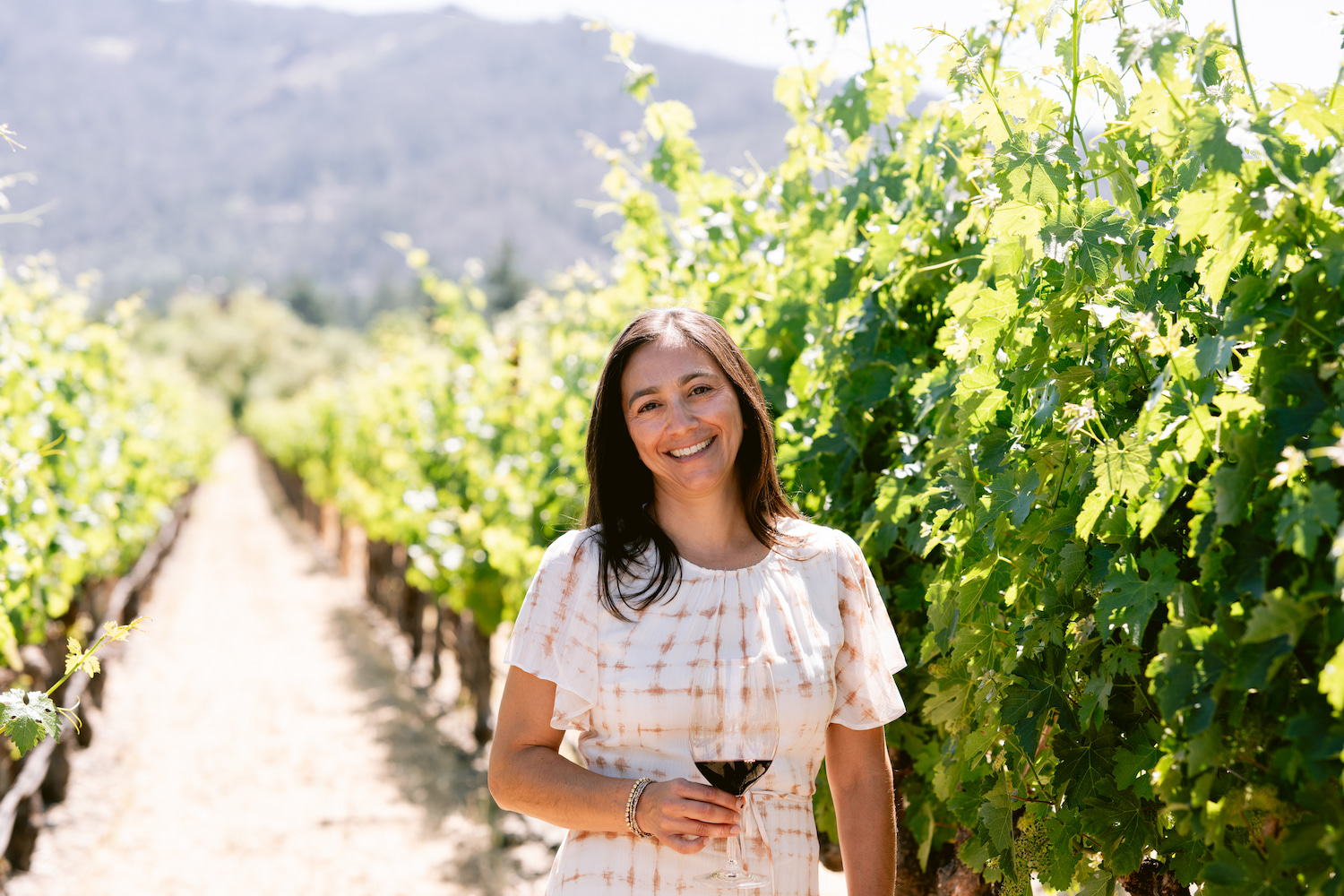
Winemaker Laura Barrett spends time in the vines. Courtesy of Clif Family Winery & Farm.
“Following your passion without compromising your bottom line, while protecting people and the planet, is a big lift,” Gay admits. “So Gary literally wrote a book on it, called Raising the Bar. But he also outlined five basic tenets that guided Clif Bar, and then Clif Family Winery & Farm.”
The principles are straightforward: support the brand, business, planet, people, and community. Execution? Not as simple — but Gay and Barrett insist it’s eminently doable.
“Kit and Gary wanted Clif Family Winery to be centered on the community, to truly serve the community,” says Barrett. “That, of course, means farming our vineyards and farm organically. But it also meant creating a welcoming tasting room in St. Helena that serves organic food sourced from our farm, having an espresso bar and non-alcoholic farm-sourced cocktails for people who don’t want alcohol, offering multiple wine clubs designed for different desires, and giving back to the community with fundraisers.”
Indeed, rather than creating a lavish, exclusive property in Napa — as so many other wine brands have done — Clif Family is literally on Main Street in St. Helena. Their wildly popular Bruschetteria Food Truck, which operates five days a week, frequently sells out menus two days in advance through their online ordering system. Once a month, 20% of all food and wine sales in the tasting room benefit a local charity, and staff members are paid to volunteer 16 hours per year.
Yet there’s still plenty of luxury tourist appeal, from the $175 Cima Howell Mountain Estate Cabernet Sauvignon, sourced from their Cold Springs and Croquet estate vineyards on Howell Mountain, to the private, reservation-only tasting experiences at the Clif Family Enoteca. Those are paired with seasonal feasts crafted from the 70 crops grown on their farm.
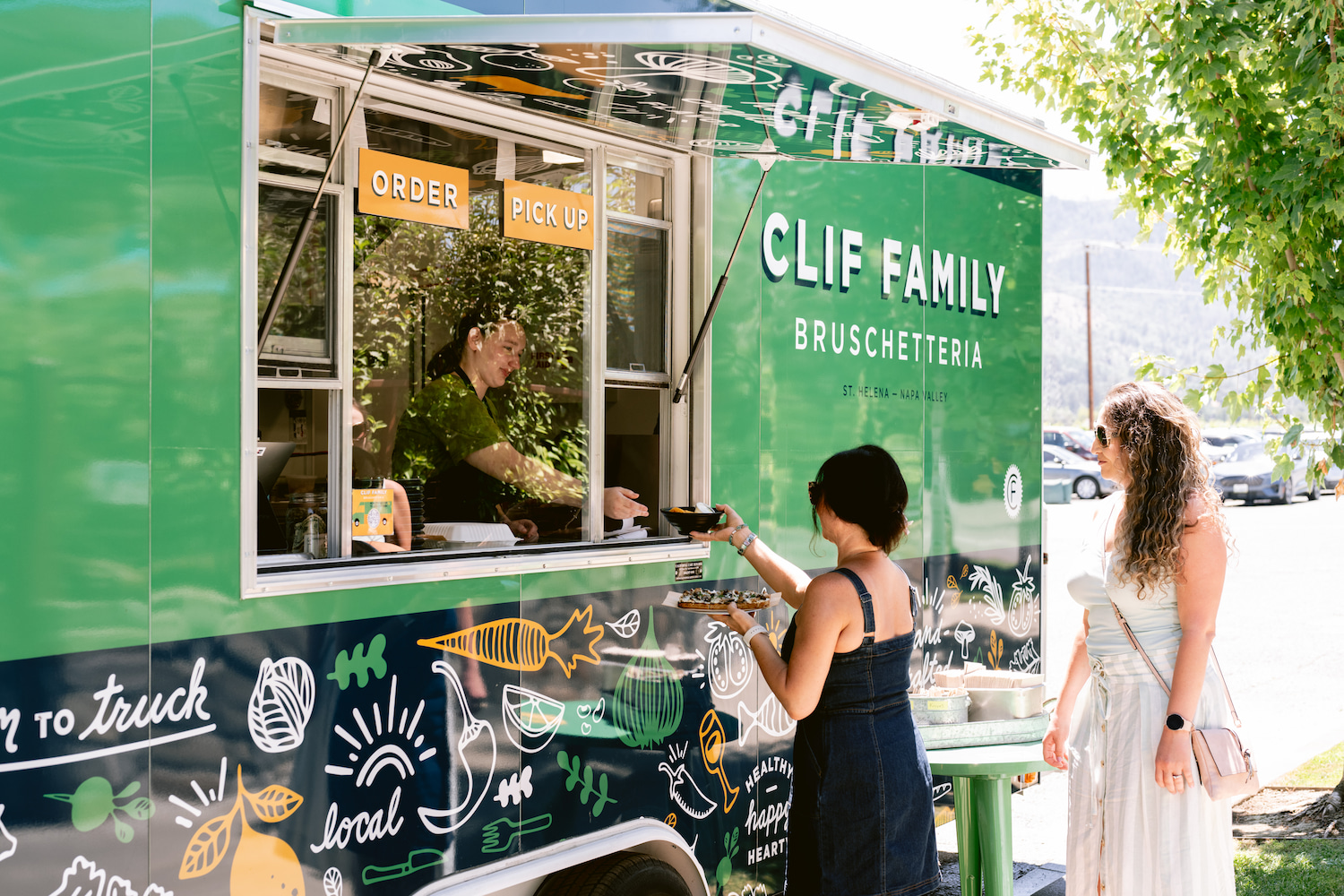
Clif Family’s popular food truck draws non-wine crowds five days a week. Courtesy of Clif Family Winery & Farm
Forecasting the Future
But all of the givebacks, fun and luxe wouldn’t exist without a viable business.
Luckily, as they were at Clif Bar, Crawford and Erickson seem to have their finger on the zeitgeist. The latest evidence is their new launch of lower alcohol Cabernet Sauvignon and Sauvignon Blanc.
“Gary and Kit often get their inspiration when they’re on biking trips,” says Barrett. “In Italy, a lot of the wine is naturally around 12%, 13%. Much different than the typical 15% Napa Cabernets you get here. They liked being able to have a glass of wine after a long day of riding and not feel it the next day. They also loved the idea of having a wine they could drink at lunch, and then still ride later.”
The pair approached Barrett about creating a lower-alcohol Cabernet they could enjoy during lunch, without feeling the impact when they got back on their bike an hour later.
“I loved the idea because honestly, it reflects the way I want to drink, and many other people want to drink these days,” she says. “Sure you want the special occasion Cabernets too, but lower alcohol, fresh wines that you can drink at lunch or with dinner and not feel the next day are the way we all want to live our lives.”
Clif Family released the first Vino del Pranzo as a wine club and tasting room exclusive in 2024, and the response for the lighter and more restrained Cabernet was so enthusiastic, they decided to create an even lower-alcohol Sauvignon Blanc, and go wider with that and the Cabernet release.
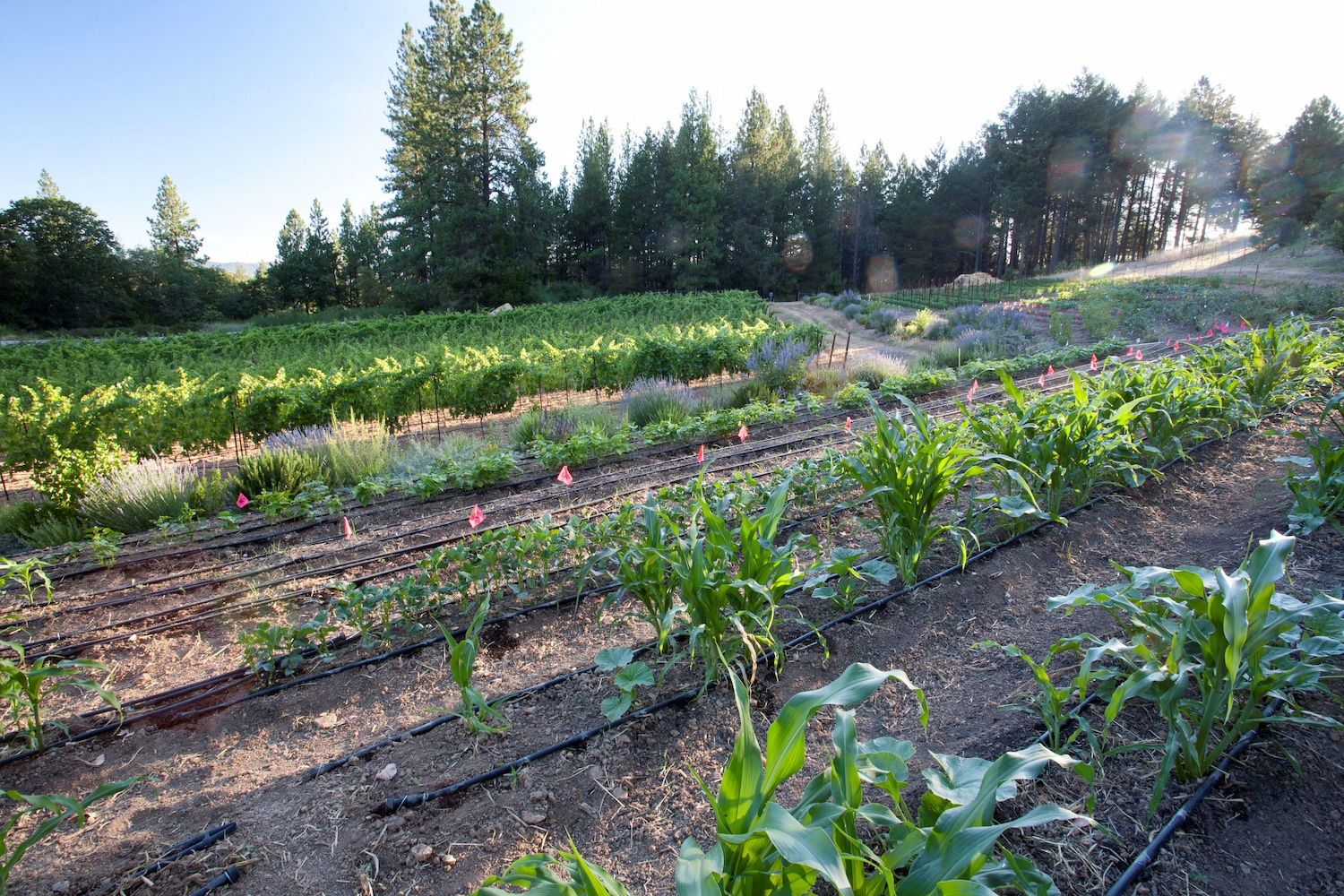
This organic farm grows 70 different crops for the truck and Enoteca. Courtesy of Clif Family Winery & Farm.
Clif Family produces about 15,000 cases annually, and unlike most wineries that are contracting right now amid shifting consumption patterns, Gay says their sales are up around 6% year-over-year.
“Gary and Kit believe in meeting the community where it is,” Gay says.
They’re starting small — 350 cases each — but if the past is any indication, Gary and Kit’s pet project will probably take off.
And sometimes, they inspire the community to go even further, and in the process, it lifts up the Clif Family brand and business, while making the planet, people, and community a better, happier, and greener place.
“Wine should bring people together,” Barrett says. “It should be a point of connection.”
At Clif Family, the “should” is actually happening. The next time you’re in Napa, pop in and say “hi.” You’ll get a warm welcome. And you’ll definitely stay longer than you planned and leave with (maybe) a bottle of wine and pantry supplies, and without a doubt, thirsty for more.
Grapes of Purpose: A Snapshot of Clif Family’s Work
Clif Family provides healthcare, a 401k, access to wellness programs, and 16 hours of paid company time each year for employees to volunteer. All wine bottles are lightweight to reduce carbon emissions, and shipping and packaging materials are reusable, recyclable, or compostable. The Clif Family Farm is B Corp certified, and both the 90 acres of vineyards and 5-acre farm — planted with 70 types of produce — are certified organic. Of the total land, 75% remains uncultivated and wild, with 23.68% used for grape-growing and 1.32% for other crops.
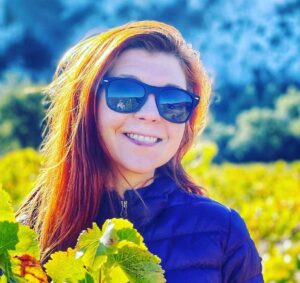
Kathleen Willlcox writes about drinks, travel and culture from her home in Saratoga Springs, N.Y., and from the road, while exploring. She is keenly interested in sustainability issues, and the business of making ethical drinks and food. Her work appears regularly in Wine Searcher, Wine Enthusiast, Modern Farmer, The Drinks Business, Wine Industry Advisor and many other publications. Follow Kathleen on IG @kathleenwillcox.
North Stars: Certifications, Community Support, Production & Consumption


